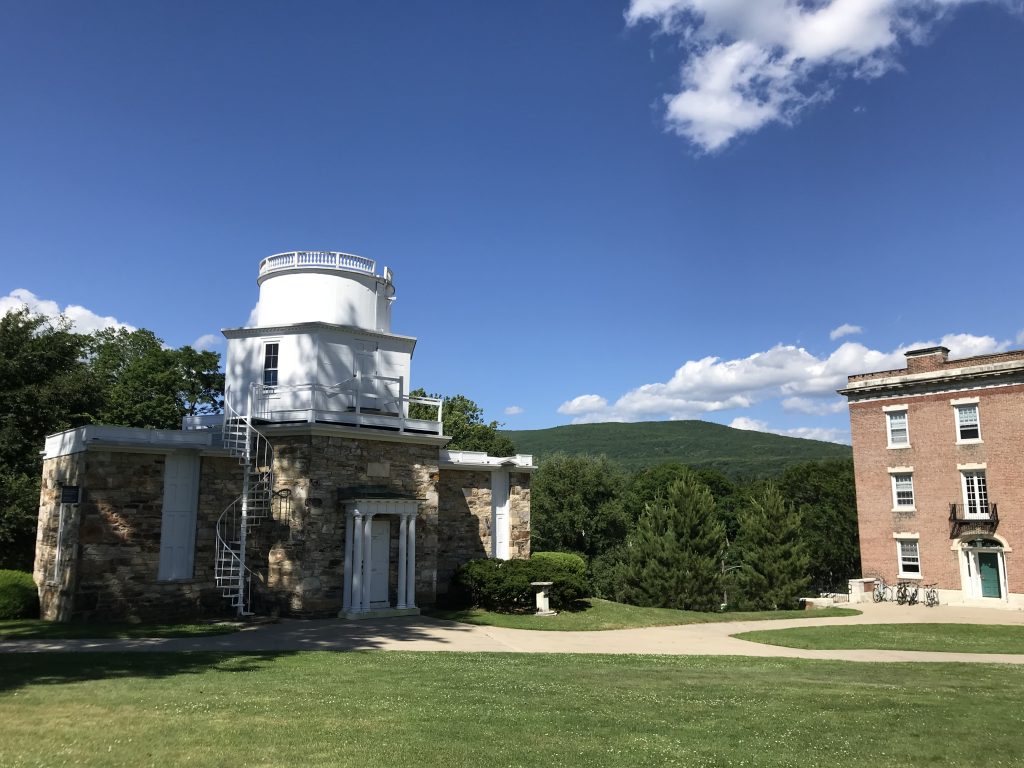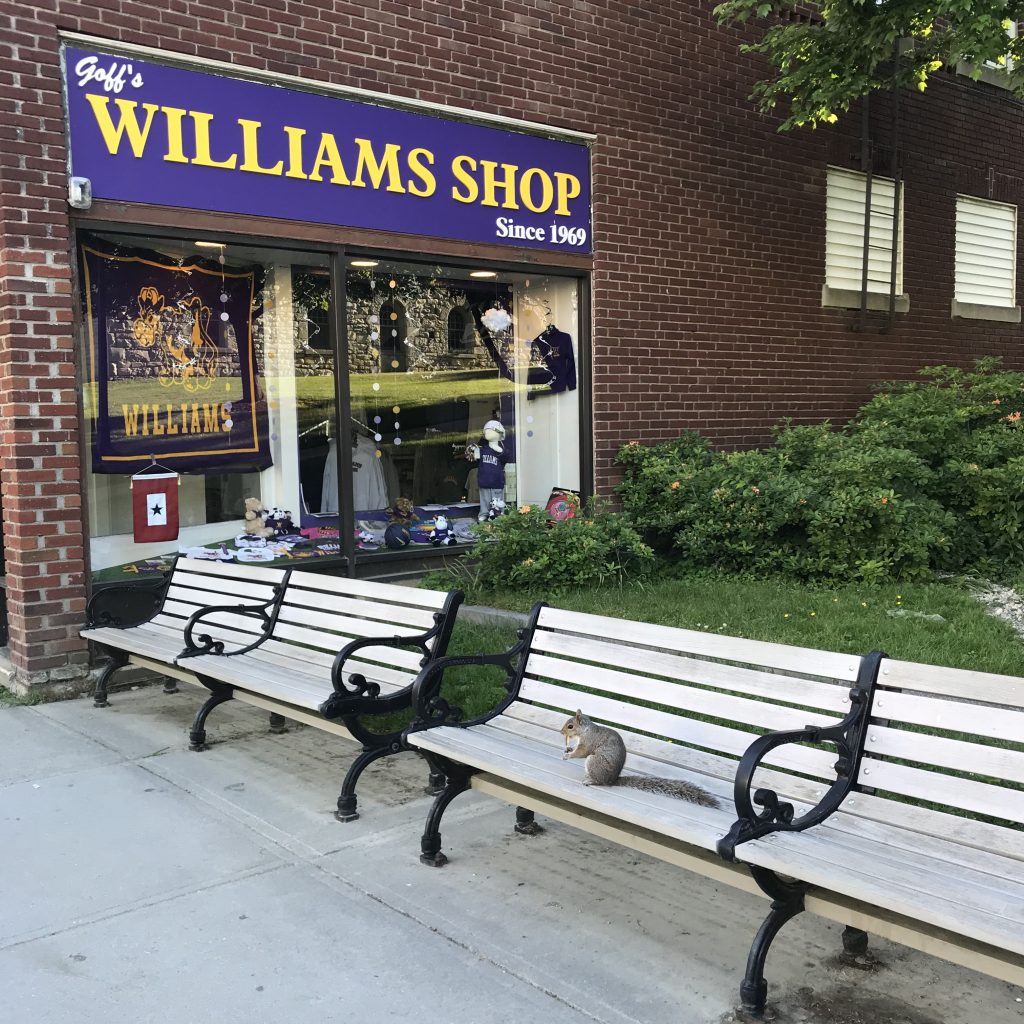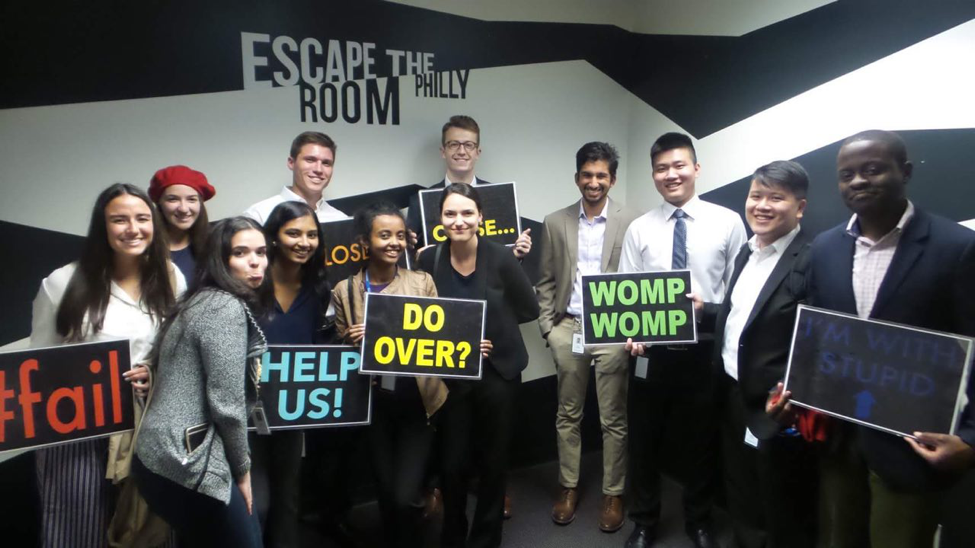Name: Ralitsa Mihaylova
Class Year: 2021
Major: Physics, Math
Hometown: Bunde, The Netherlands
Internship Placement: Bishop Lab, Photonics Center
Job Title: Research summer intern
Location: Boston University
Hi there! My name is Ralitsa and I’m a rising sophomore, planning to be a physics and mathematics major. Over the course of this summer, I had the honor of joining the Bishop lab at Boston University’s Photonics Center in one of their projects––namely, building a magnetometer to be used under the newly-awarded Cell-Met NSF grant.
Now what does this all mean? And what role did it exactly play? Professor Bishop was one of the few professors amongst many partner schools who received the above-mentioned grant, which has the objective of being able to make personalized heart tissue within the next 10 years. Cell-Met plans on doing this by relying on two key inventions: the first being the 2009 Nobel Prize in biology which found that one could take any cell from your body––be it a skin cell or a lung cell, for example––and “reprogram” it to become a stem cell again (meaning it can become any type of cell). The second imperative finding used in Cell-Met is the use of millimeter scale “pools” with two little pillars in them, in which these newly-programed stem cells can become not only the cell that the lab desires them to be, but also make them form a uniform tissue.
This personalized tissue, which in our research is predominantly heart tissue, has a promising future in treating the leading cause of death for Americans: heart disease. My very small role in this was building the apparatus necessary to understand the behavior of these new heart cells, called a magnetometer. A magnetometer is a device which measures the magnetic field surrounding it with a certain resolution. Although in the Cell-Met grant the definite setup is yet to be determined, the use of magnets and magnetic fields to characterize these cells and tissues is indispensable––which is where my device came in. My task for the summer was to make a magnetometer through the modification of an accelerometer––a device that measures acceleration––by using micro-gluing techniques to make a tripod of micron-sized spheres and then deposit a magnet on top of it. In essence, the magnet will react to a surrounding magnetic field, making the already constructed accelerometer sense the magnet’s responding movement, which makes the device read out a value that can be used to understand the behavior of said magnetic field.
Looking back upon this experience, it gave me more than I could have hoped for when I was deciding to apply. Back in spring semester, the opportunity seemed appealing as I had a rising interest in engineering and the idea of seeing physics being applied in other fields was something I just hadn’t had much experience in before. But, now, I realize it gave me much more than just a summer filled with engineering and biological applications––from learning more about different applications of magnetometers and other micro-electromechanical devices, to challenging my own critical thinking with every sub-project I undertook––it gave me a feeling of being part of a bigger cause that could really do something incredible.



